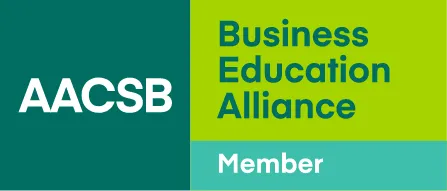FAQ
Everything you need to know about studying across borders
Q.1 Can I study remotely or online?
Ans. – Yes, for issue of transfer certificate, Character certificate and Migration Certificate a student can apply in a single form, the form is available in the University website.
Q.2 What are the entry requirements?
Ans. – Entry requirements vary by course. Typically, undergraduate courses require A-Levels or equivalent, while postgraduate courses require a bachelor’s degree. Please check individual course pages.
Q.3 What kind of support is available for students?
Ans. – We provide academic support, career advice, mental health and wellbeing services, disability support and more.
Q.4 What are the tuition fees?
Ans. – Fees vary by course and student status (UK/Home or International). Please visit our website for current tuition fees.
Q.5 How are lectures and seminars delivered?
Ans. – Teaching is a mix of in-person lectures, small-group seminars, workshops and soon digital learning through our online platform.
Q.6 What kind of assessment methods are used?
Ans. – Assessments may include essays, reports, presentations, exams, group work and practical projects depending on your course.
Q.7 Is Wi-Fi available on campus?
Ans. – Yes, free high-speed Wi-Fi is available across all university buildings.
Q.8 How do I use the university library?
Ans. – You’ll have access to both physical books and a large collection of digital journals, e-books and databases. Support staff are available to help.
Q.9 Are there religious facilities on campus?
Ans. – Yes. We offer a multi-faith prayer room. We welcome students of all faiths and none.
Q.10 How can I get involved in volunteering?
Ans. – Our Students’ Union and community partners offer a range of volunteering opportunities on and off campus.


